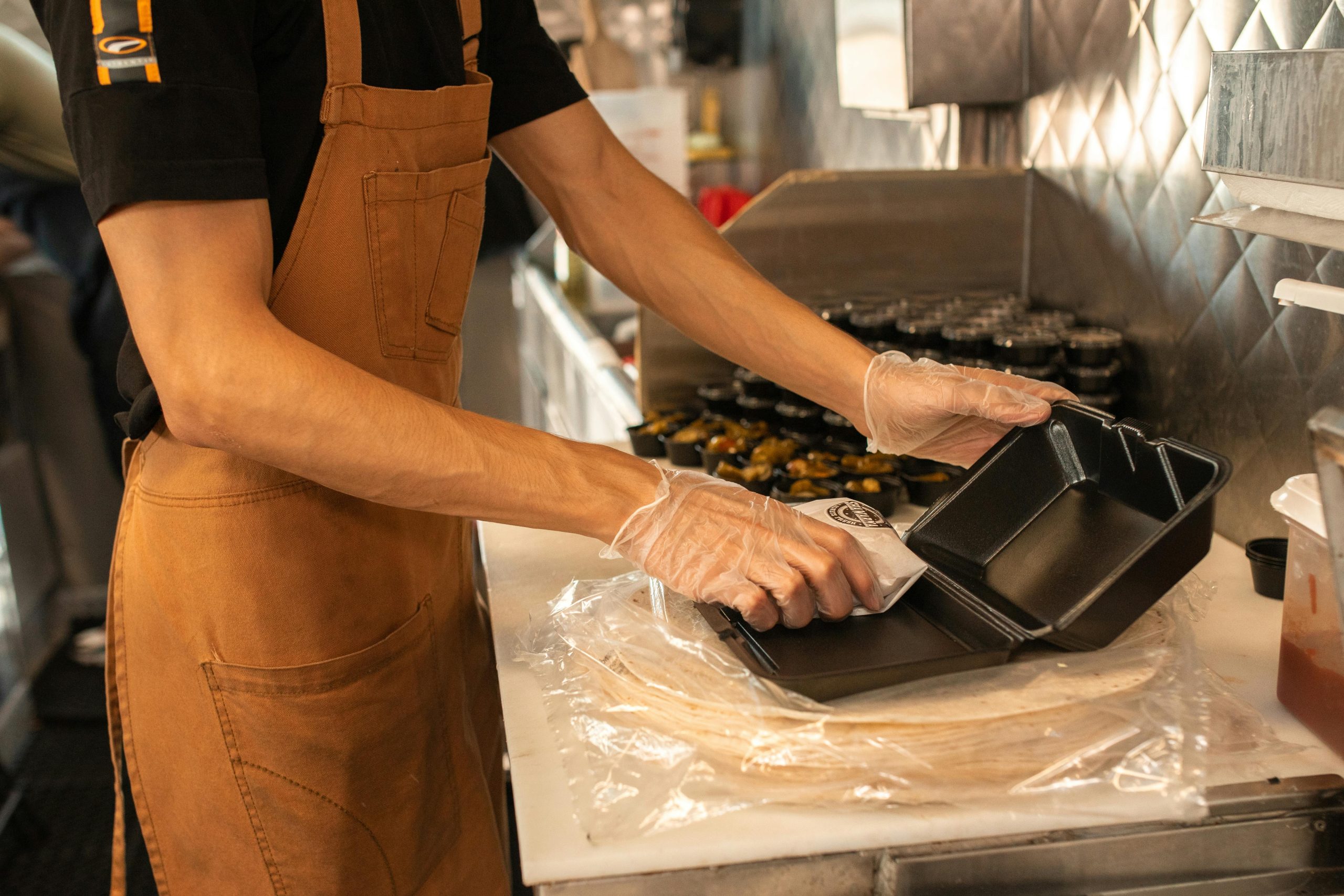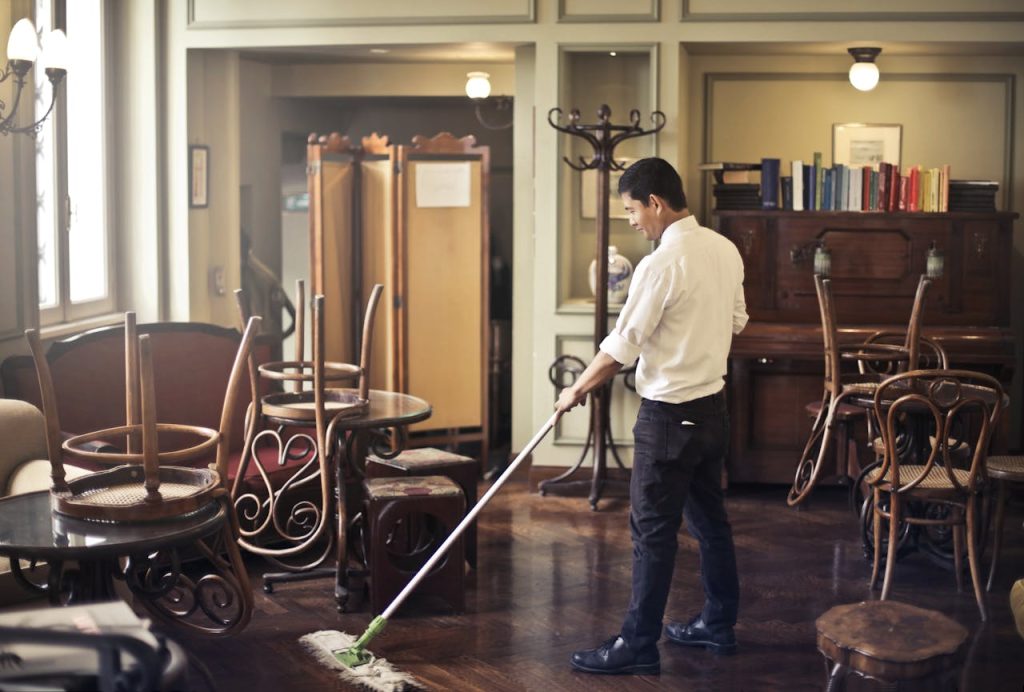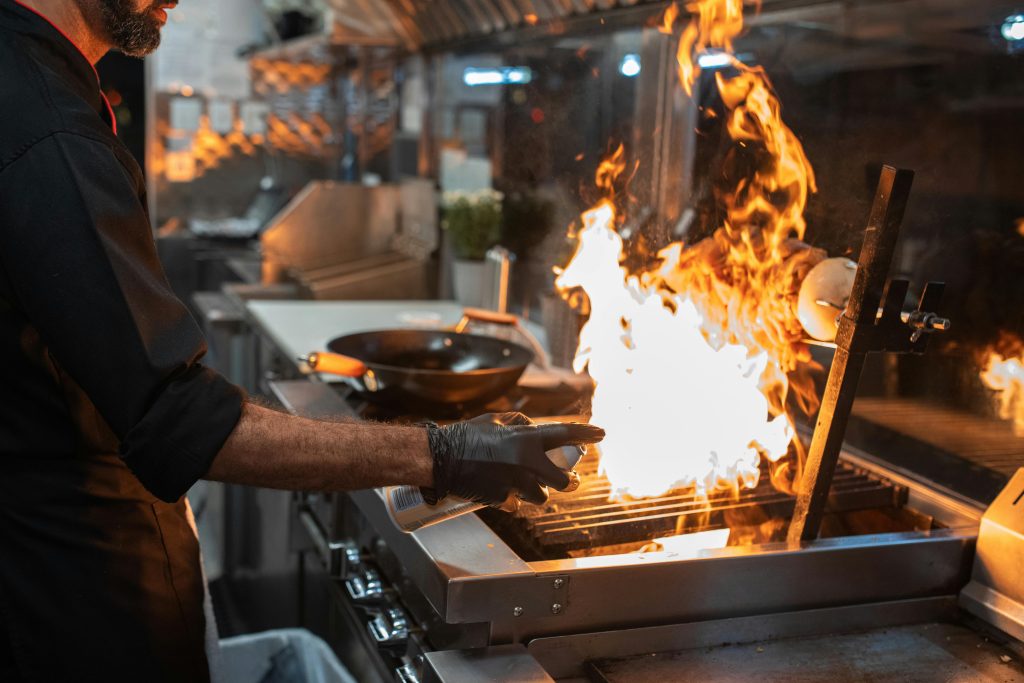You know how much your customers value good food. But did you know that hygiene and cleanliness matter just as much? A clean restaurant doesn’t just look good; it builds trust, improves your reputation, and keeps your customers happy. Let’s dive into why hygiene is critical for shaping customer perception and how it impacts your restaurant.
Why Is Cleanliness Important in a Restaurant?
Cleanliness is the first thing your customers notice when they walk in. If your restaurant looks and smells clean, customers feel confident that their food is safe. A clean environment sets the tone for a pleasant dining experience.
According to a Cleaning & Maintenance Management survey, 94% of people avoid a restaurant if they find it dirty. Even if your food tastes amazing, customers won’t return if your space isn’t clean.
Cleanliness also affects health. Unclean kitchens or dining areas can lead to foodborne illnesses. In Malaysia alone, over 3,000 cases of food poisoning were reported in 2023 (source: Ministry of Health). Poor hygiene could land your restaurant in trouble, with potential fines or shutdowns.
Why Is Consumer Perception Important for a Restaurant?
Your restaurant’s success depends on how customers perceive you. If customers believe your restaurant is clean and well-maintained, they are more likely to return.
Consumer perception is influenced by everything from your menu presentation to how clean your tables are. A positive perception means more recommendations and better reviews. Research shows that 57% of customers avoid restaurants with bad reviews about hygiene (Source: BrightLocal).
On the other hand, good hygiene can boost your reputation. When your restaurant looks spotless and smells fresh, it shows that you care about your customers. This builds trust and loyalty, which directly impacts your sales.
Why Do Waiters Need to Be Hygienic When Providing Service?
Waiters are the face of your restaurant. They interact with customers directly, so their hygiene matters just as much as the kitchen’s cleanliness. Imagine being served by a waiter with dirty fingernails or stained uniforms—this can ruin a customer’s dining experience.
Waiters should always:
- Wash their hands frequently.
- Wear clean uniforms.
- Avoid touching their face or hair during service.
According to the World Health Organization (WHO), proper hand hygiene by food handlers can prevent nearly 50% of foodborne illnesses. Training your staff on hygiene practices is not just good for health; it’s good for business too.
How Can You Maintain Restaurant Hygiene?
Maintaining cleanliness in a restaurant takes effort, but it’s worth it. Here are some steps to keep your restaurant spotless:
- Regular Cleaning Schedule
Clean tables, chairs, and floors after every use. Deep clean kitchens, restrooms, and storage areas at least once a week. - Proper Food Storage
Store ingredients at the right temperatures to avoid contamination. Always check expiration dates. - Hygienic Food Preparation
Use gloves and hairnets in the kitchen. Wash vegetables and sanitize cutting boards. - Train Your Staff
Educate your team about the importance of hygiene. Conduct regular training sessions to refresh their knowledge. - Invest in Cleaning Supplies
Use high-quality disinfectants and cleaning tools. Don’t skimp on essentials like soap, hand sanitizers, and tissue rolls.
The Link Between Restaurant Cleanliness and Customer Perception
Restaurant cleanliness directly affects customer perception. A clean space makes customers feel relaxed and welcome. They are more likely to recommend your restaurant to friends and leave positive reviews.
On the other hand, even a small hygiene issue can damage your reputation. Dirty cutlery or an unpleasant smell can make customers uncomfortable. They might leave negative reviews, which can hurt your business.
How Does Hygiene Boost Customer Loyalty?
Customers who trust your restaurant’s cleanliness are more likely to return. Loyal customers also spend more and recommend your restaurant to others.
86% of customers are willing to pay more at a restaurant that guarantees cleanliness and hygiene (source: P&G Professional). Investing in hygiene isn’t just about avoiding problems but building long-term success.
Simple Tips to Improve Hygiene in Your Restaurant
Here are some quick and practical tips to ensure your restaurant stays clean:
- Use QR code menus to reduce physical contact.
- Install hand sanitizers at the entrance and restrooms.
- Keep restrooms spotless, as they leave a lasting impression on customers.
- Conduct daily hygiene checks before opening the restaurant.
Hygiene is not an option; it’s a necessity. Cleanliness ensures your customers feel safe and happy while dining at your restaurant. It also boosts your reputation and keeps your business running smoothly.
Remember, every detail counts—from spotless tables to hygienic waiters. By focusing on cleanliness, you’re not just protecting your customers’ health but your brand.
Start making hygiene your top priority today. Your customers—and your business—will thank you.
Do you already have strict hygiene practices in place?




